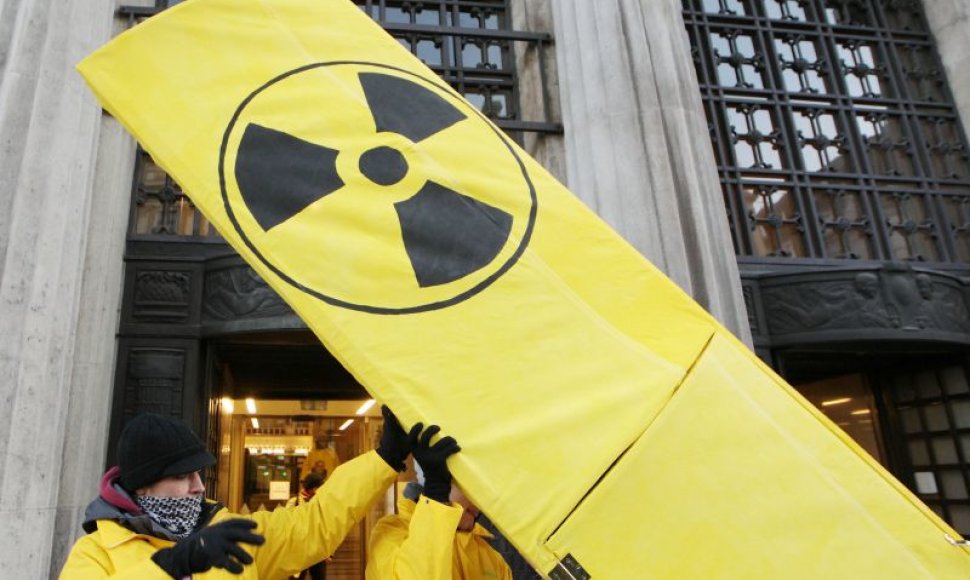“The Europeans have a full range of possibilities to implement a certain system of electricity trade, which would safeguard the investment projects that are being implemented in individual countries within the EU, including the Baltic countries, against unfair competition from electricity that would be generated by the power plants built in the neighboring countries that, in the European Union’s view, do not meet top safety standards,” he said in an interview with Žinių Radijas on Thursday.
“[The initiation of discussion] is very useful and it will contribute to a much clearer definition of this issue, which is important for us, in the European energy strategy in future,” Kubilius added.
Finland already applied a so-called perimeter fee in its trade in electricity with neighboring Russia, he said.
Lithuanian Parliament Speaker Irena Degutienė intends to raise the issue of security of the nuclear power plants planned to be built in Belarus close to the border with Lithuania and in Russia’s Baltic exclave of Kaliningrad at the upcoming meeting of Nordic and Baltic parliament speakers.
She will propose to join efforts to ensure that the Belorussian and Russian reactors being built close to the Lithuanian – and external EU – border meet international security requirements and, if such a commitment is not made, to state clearly that the purchase of electricity from the countries which do not comply with such requirements will be restricted.
With the financial help from Russia, Belarus expects to build a new nuclear power plant in Ostrovets, some 50 kilometers from the Lithuanian capital Vilnius, by 2018. Russia itself is building a nuclear power facility in the exclave of Kaliningrad, sandwiched between Lithuania and Poland, expecting to put it into operation in 2017.
Lithuania says that the Kaliningrad and Belorussian projects raise environmental concerns as they do not comply with international conventions.












